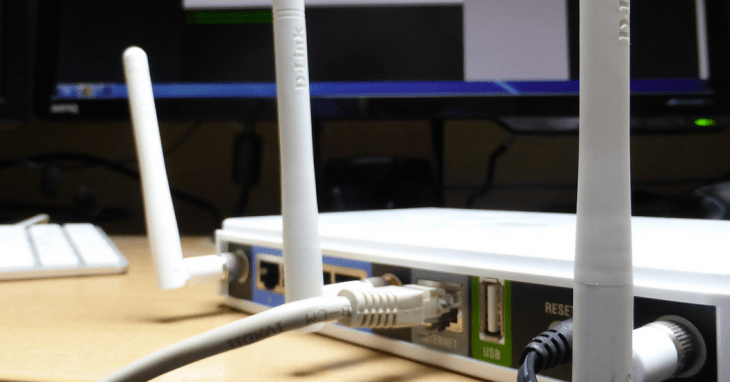Municipal broadband has become a surprisingly debated topic on the national level, after Federal Communications Commission (FCC) Chairman Tom Wheeler indicated that he believes that the FCC has the legal “power” to “preempt state laws that ban competition from community broadband.”
In response to that assertion, House Republican worked legislatively to curb the FCC’s authority to prevent states from limiting local broadband.
Watching authorities and elected leaders fight in Washington gives the issue a somewhat distant feel. It’s better, I think, to observe what the argument looks like on the ground.
A fascinating piece published today the Center for Public Integrity — a left-leaning investigative journalism group — details one specific fight for municipal broadband, and how it died.
Janice Bowling, a Republican States Senator from Tennessee, wanted to provide high-speed broadband to citizens who lived in “areas beyond the [local] city limits,” according to the Center. Support for her bill, however, that would alter part of Tennessee law to allow for quick Internet access to be afforded to the more rural areas, collapsed after AT&T made what the Center calls a “threat.”
From the piece:
Bowling, described as “feisty” by her constituents, initially beat back [an effort to have her bill reclassified to kill its chances] and thought she’d get a vote.
That’s when Joelle Phillips, president of AT&T’s Tennessee operations, leaned toward her across the table in a conference room next to the House caucus leader’s office and said tersely, “Well, I’d hate for this to end up in litigation,” Bowling recalls.
And that was the end of that.
According to the Center, 20 states current “ban or restrict” community broadband.
Increasing competition is good. Helping bring more American citizens onto the Internet at high speeds is good. And it is especially good to bring quick digital access to the world’s information to rural areas that are not currently served by private enterprise. As such, there is a place for municipal broadband in America.
More broadly, if citizens want to come together and build a service for themselves using monies that they elect to raise, they should be able to. I struggle to understand how that idea is controversial.
IMAGE BY FLICKR USER SEAN MACENTEE UNDER CC BY 2.0 LICENSE (IMAGE HAS BEEN MODIFIED)
